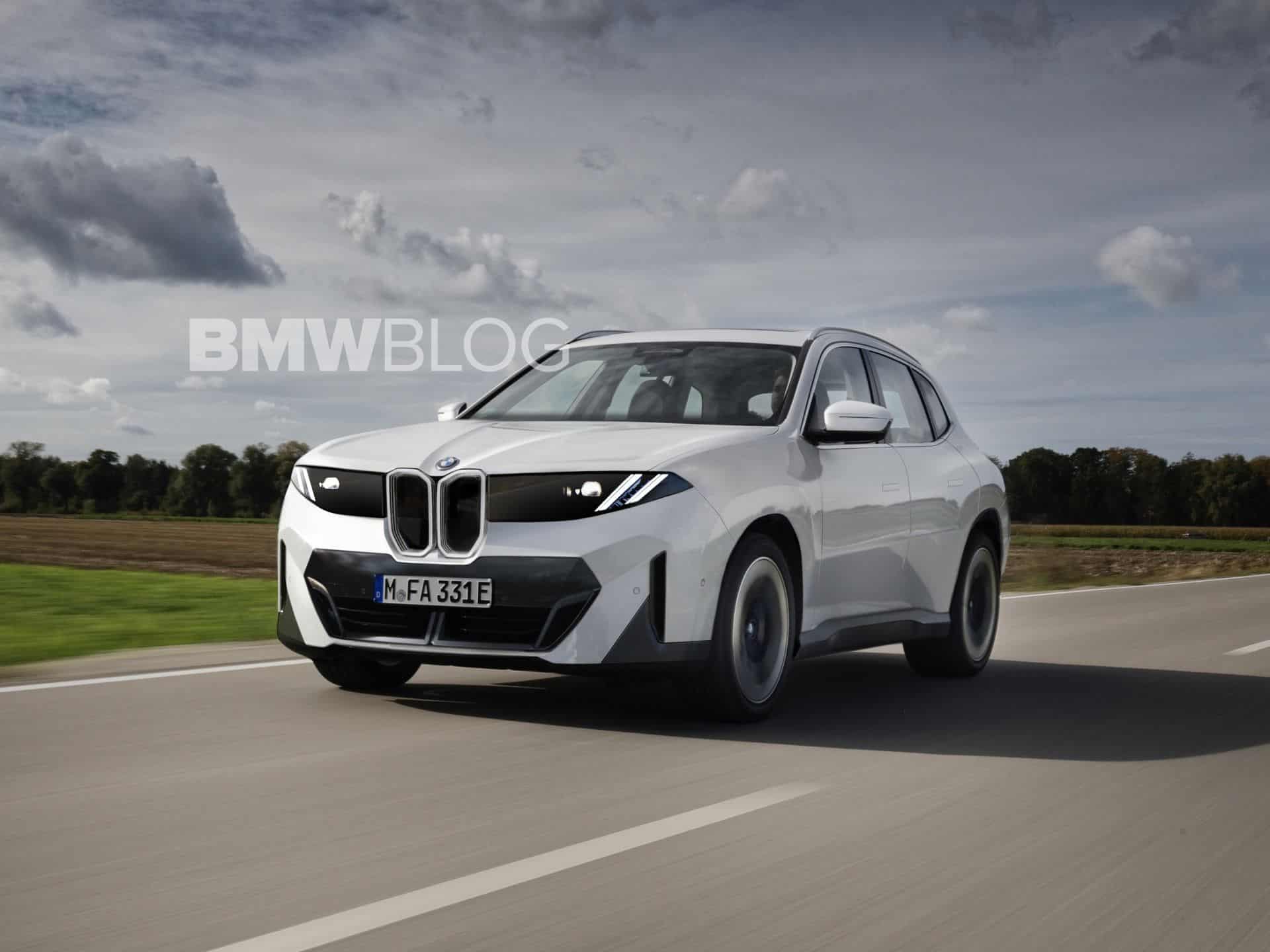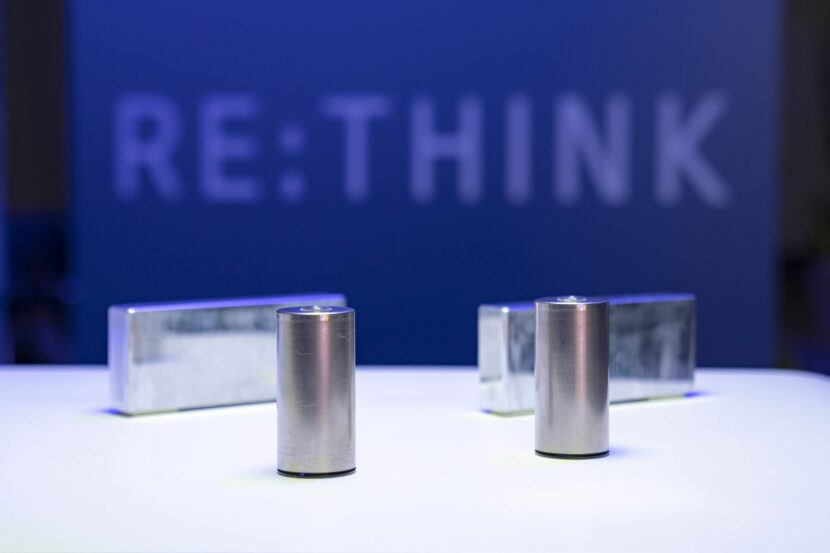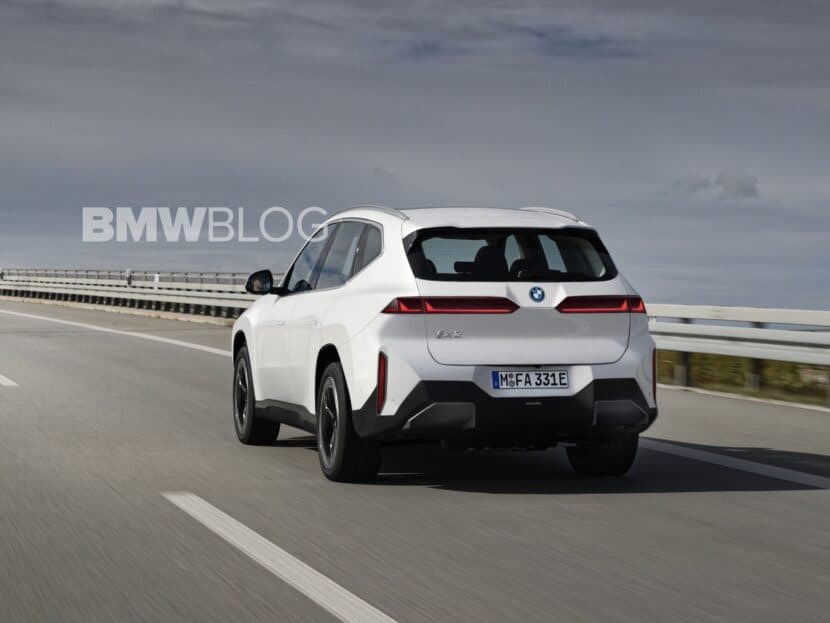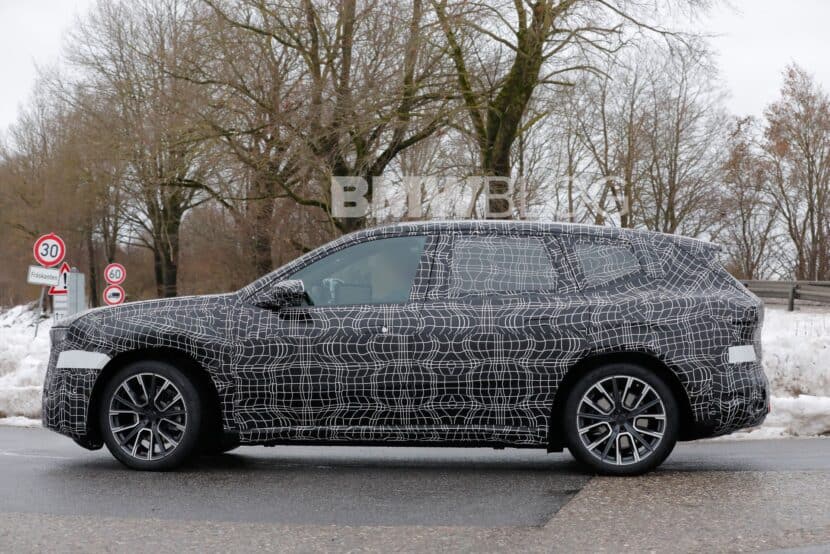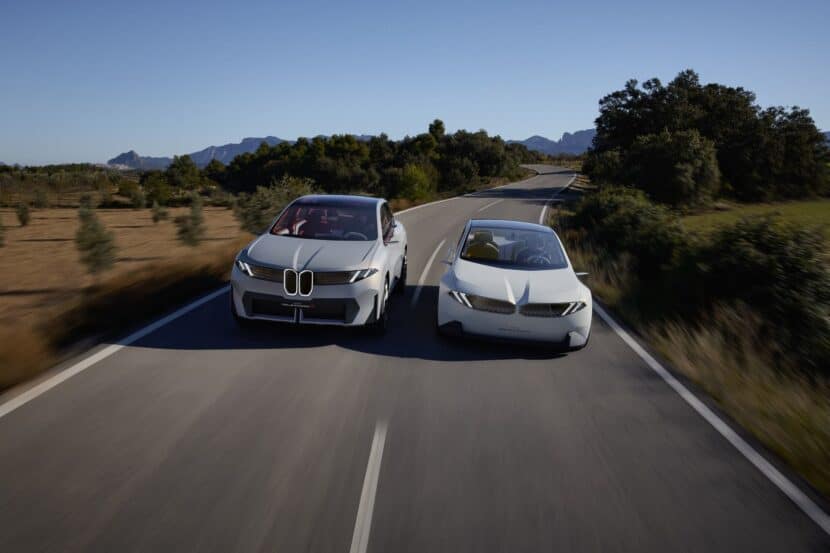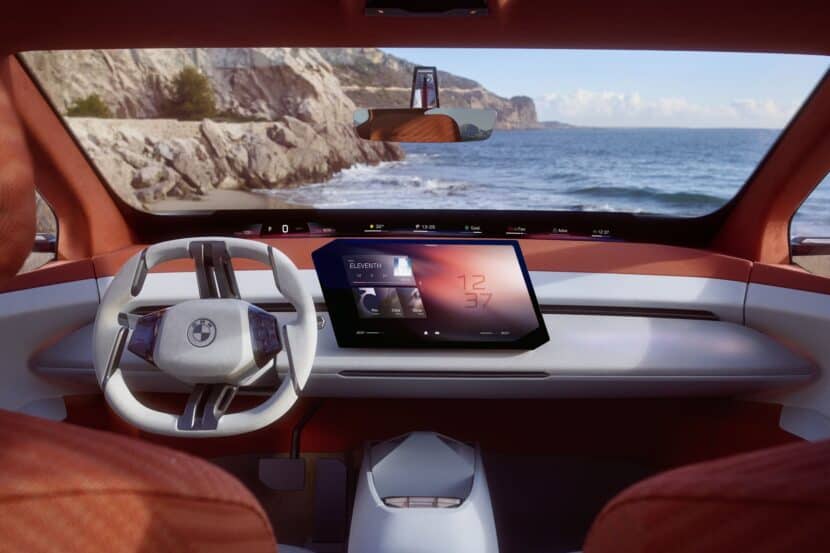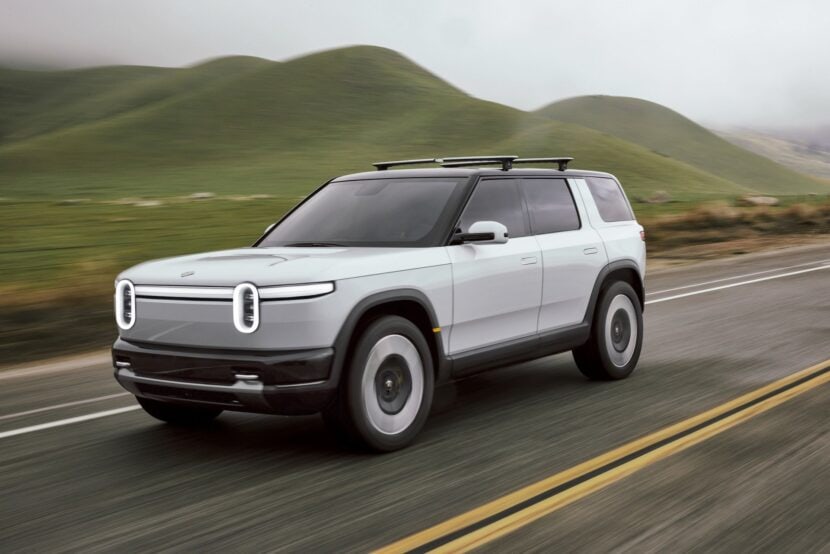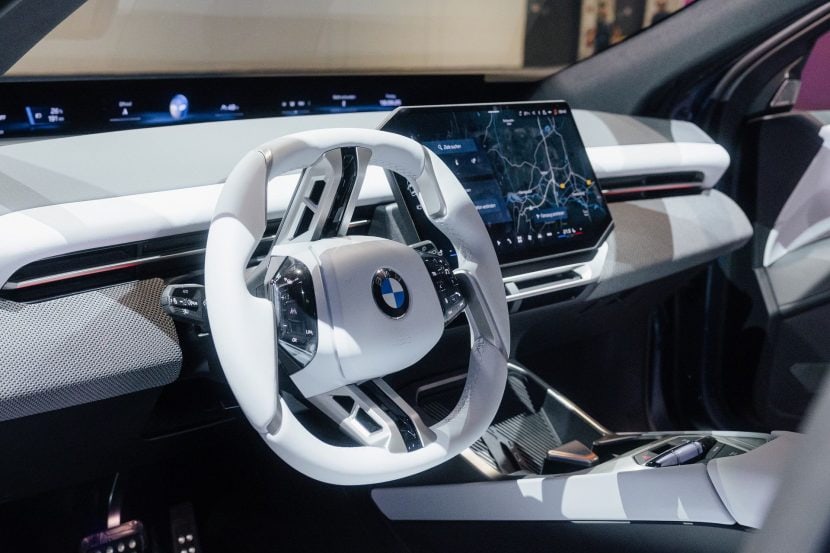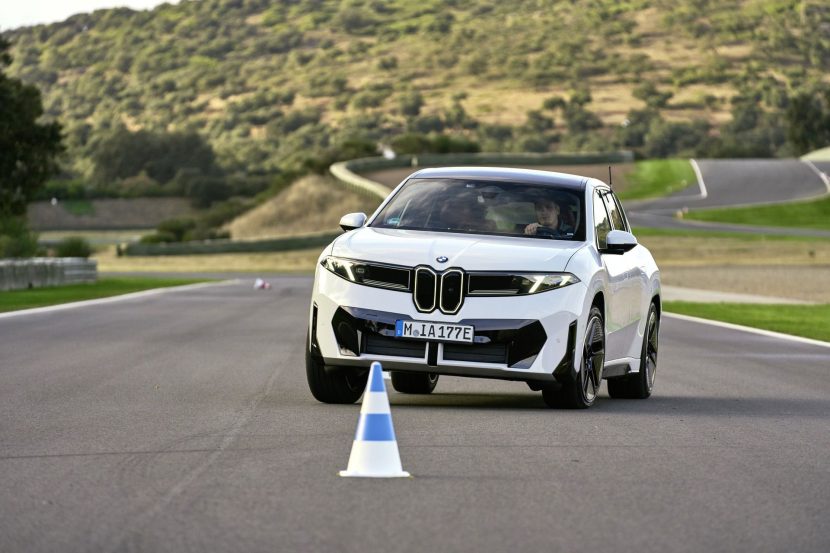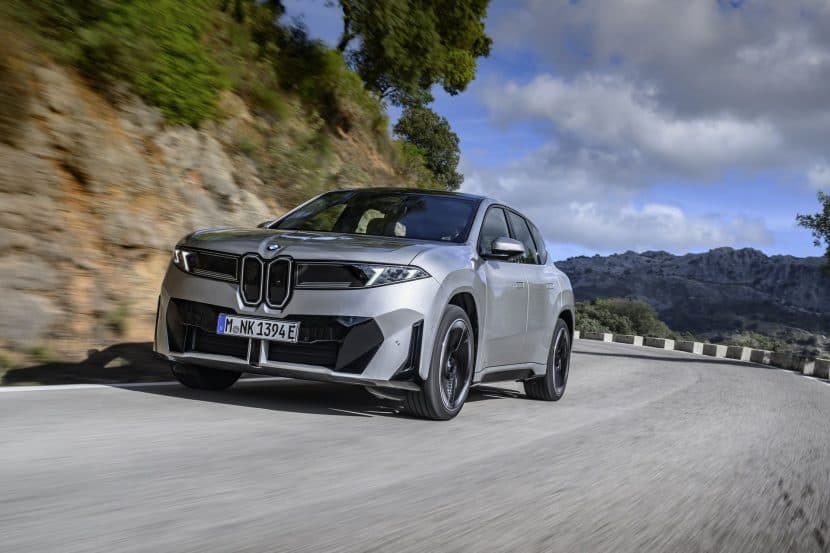The BMW Vision Neue Klasse X stands as more than a concept vehicle; it represents a peek into BMW’s near-term electric automotive strategy with the BMW iX3 all-electric SUV at the forefront. This future BMW iX3 is not only significant for being built on BMW’s electric vehicle architecture, featuring cylindrical battery cells, but it also introduces a new design language alongside an advanced iteration of the iDrive system.
When Does It Arrive?
Set to begin production in July 2025 at the BMW Debrecen Plant in Hungary, the BMW iX3, codename NA5, is expected to hit the U.S. market by 2026, with other markets receiving their units in 2025. This production run is projected to conclude by fall 2033. Unlike the current iX3 which utilizes the CLAR platform like the existing BMW X3 models, the upcoming NA5 BMW iX3 will be based on a dedicated EV platform, marking a departure from its predecessor.
Batteries, Range and Charging
With the shift to Gen6 batteries featuring cylindrical cells, as opposed to the current Gen5 prismatic cells, there’s an anticipated energy density increase of over 20%. BMW’s battery strategy for the Neue Klasse models includes offering three sizes: 75 kWh, 90 kWh, and 105 kWh. The cylindrical batteries designed for SUV applications will be 120 mm in height with a consistent diameter of 46 mm across different vehicle styles.
Furthermore, the incorporation of an 800-volt system will enhance charging speeds by 30%, allowing for a range extension of 186 miles (300 kilometers) following just a 10-minute charge. BMW is also forecasting a 30% increase in overall driving range, though specifics remain under wraps. However, hints from an official iDrive X infotainment system video suggest a potential maximum range of 600 kilometers (373 miles). BMW also announced that its upcoming Neue Klasse models will feature bidirectional charging technology. This new feature will enable the vehicles not only to recharge their batteries but also to supply electricity back to the power grid or directly to devices.
When the Vision Neue Klasse X debuted last month, the company also talked about the SUV’s slippery body (-20% drag), bespoke tires, and new brakes that increased the vehicle’s overall efficiency by 25%. The Vision Neue Klasse X touts a 20% lower drag coefficient than the current CLAR-based iX3. The existing electric crossover has a Cd of 0.29, so doing the math, its replacement will have a Cd of around 0.23.
Product Lineup
The initial rollout will include the following models: BMW iX3 40, 40 xDrive, 50 xDrive, M60 xDrive. We expect the power output to range from 275 horsepower for the entry-level iX3 40 to at least 560 horsepower for the iX3 M60 xDrive. Compared to existing BMW electric vehicles built on the CLAR-platform, these new iX3 models will likely be lighter. Therefore, the straightline performance should be quite impressive.
Dimensions
The Head of BMW i Design Kai Langer told us in a recent interview, that the new Vision Neue Klasse X concept is bigger than the CLAR-based iX3 on sale today but smaller than the X5. To get an idea of the vehicle’s proportions, we’ll remind you the outgoing iX3 is 4734 mm (186.3 in) long, 1891 mm (74.4 in) wide, and 1668 mm (65.6 in) tall. As for the X5, it measures 4935 mm (194.2 in) long, 2004 mm (78.9 in) wide, and 1755 mm (69 mm) tall. Unless BMW changes something at the last minute, these figures should be close to the production series iX3.
Exterior Design
BMW’s design trajectory is on a new path, marked by the introduction of the Vision Neue Klasse X Concept, a significant indicator of the direction for the brand’s upcoming Neue Klasse production model. As the second concept to highlight BMW’s new electric vehicle series, it shares many design features with the BMW Vision Neue Klasse sedan but also sets itself apart in several ways. The BMW iX3’s front fascia will be characterized by sleek, vertically oriented kidney grilles, reminiscent of the original Neue Klasse from the 1960s, and surrounded by illumination—a design choice likely to feature prominently in future models as BMW shifts from chrome to illuminated elements.
The daytime running light signature is simple, made up of two slanted LED lines. BMW has also integrated the kidney grilles with the front light clusters. The Vision X Concept’s side profile – and of the future iX3 – feature a fastback rear and a sloping roofline. Unique design cues, like bold creases along the wheel wells extending into the doors, give this car a distinctive look that may become a hallmark of BMW’s taller Neue Klasse offerings. The rear, with its wide tail lights and pronounced design elements, along with a massive bumper, ensuring the vehicle with a grounded, sportive stance.
Interior Design
The interior of the Vision X Concept continues the minimalist theme seen in the Vision sedan concept. The steering wheel’s unusual design, with its flat top and bottom and multiple prongs, is also likely to end up in production. As expected, there will be minimal physical buttons. As with the Vision Neue Klasse sedan, BMW has eliminated the driver’s display and the rotary controller. The central display of the iDrive 10 (or is it iDrive X?) looks bigger than the 14.9-inch touchscreen found in today’s models.
The digital instrument cluster won’t be necessarily missed since BMW has engineered a head-up display nearly as wide as the dashboard. Known as Panoramic Vision, the next-gen HUD sits at the bottom of the windshield, providing the driver with relevant information directly in their line of sight.
Competition
Based on size alone, the BMW iX3 will compete with a wide range of electric crossovers, from legacy automakers to new players. Tesla Model Y, Mercedes-Benz EQC, Audi Q4 e-tron, Porsche Macan or the Rivian R2, are just some of the competitors in this segment. Of course, other models will emerge in the near future, considering this is a very competitive and popular car segment.


